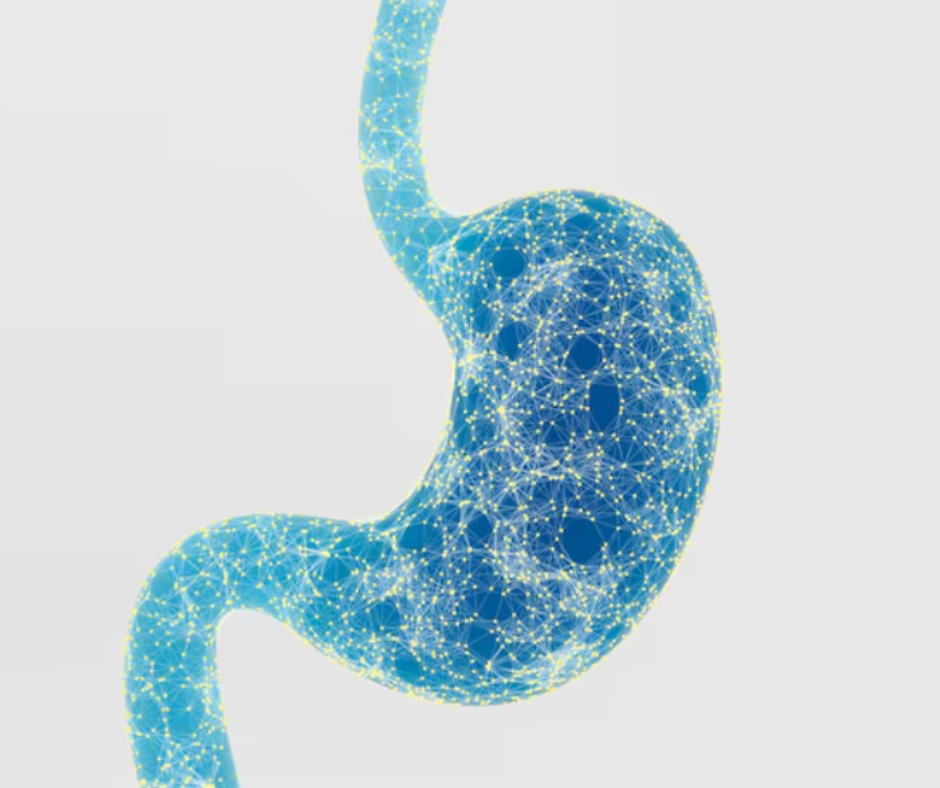Preventing Digestive Problems: Lifestyle Strategies Recommended by Gastroenterologists
- livercarecenter23
- May 4, 2024
- 3 min read
In today's fast-paced world, digestive problems are becoming increasingly common. From acid reflux to irritable bowel syndrome, many individuals are dealing with uncomfortable and sometimes debilitating digestive issues. However, there are lifestyle strategies recommended by gastroenterologists that can help prevent these problems and promote overall digestive health. In this article, we will explore some of the best tips and tricks to keep your digestive system running smoothly.

What are Digestive Problems and Why Do They Happen?
Digestive problems refer to any issues related to the digestive system, including the stomach, intestines, and other organs involved in digestion. These problems can manifest as bloating, gas, constipation, diarrhea, or more serious conditions such as ulcers or inflammatory bowel disease. They can be caused by a variety of factors, including poor diet, lack of exercise, stress, and underlying medical conditions.To prevent digestive problems, it is essential to adopt healthy lifestyle habits that support optimal digestive function. Gastroenterologists recommend the following strategies to promote digestive health:
Eat a Balanced Diet
One of the most important factors in maintaining good digestive health is eating a balanced diet rich in fruits, vegetables, whole grains, lean proteins, and healthy fats. Avoiding processed foods, sugary snacks, and excessive alcohol can help prevent digestive issues such as bloating, gas, and indigestion.
Stay Hydrated
Drinking an adequate amount of water is crucial for proper digestion. Water helps break down food, absorb nutrients, and prevent constipation. Aim to drink at least eight glasses of water per day to keep your digestive system functioning smoothly.
Exercise Regularly
Physical activity is not only beneficial for your overall health but also plays a key role in promoting proper digestion. Exercise helps stimulate the muscles of the digestive tract, which can aid in moving food through the system more efficiently. Aim for at least 30 minutes of moderate exercise most days of the week.
Manage Stress
Stress can have a significant impact on digestive health, leading to issues such as acid reflux, irritable bowel syndrome, and ulcers. Finding healthy ways to manage stress, such as practicing yoga, meditation, deep breathing exercises, or spending time in nature, can help prevent digestive problems.
Get an Adequate Amount of Sleep
Sleep is essential for overall health, including digestive health. Getting enough rest allows your body to repair and restore itself, which is crucial for optimal digestion. Aim for 7-9 hours of quality sleep each night to support your digestive system.
Avoid Smoking and Limit Caffeine
Smoking and excessive caffeine consumption can have a negative impact on digestive health. Both can irritate the stomach lining and contribute to issues such as acid reflux and ulcers. If you smoke, consider quitting, and limit your intake of caffeinated beverages to promote better digestive function.In conclusion, taking care of your digestive system is essential for maintaining overall health and well-being. By following the lifestyle strategies recommended by gastroenterologists, you can prevent digestive problems and promote optimal digestive function. Remember to eat a balanced diet, stay hydrated, exercise regularly, manage stress, get enough sleep, and avoid smoking and excessive caffeine. Your digestive system will thank you for it!
In Summary
Preventing digestive problems is essential for overall health. Gastroenterologists recommend lifestyle strategies such as eating a balanced diet, staying hydrated, exercising regularly, managing stress, getting enough sleep, and avoiding smoking and excessive caffeine. By following these tips, you can promote optimal digestive health and prevent uncomfortable digestive issues.



Comments